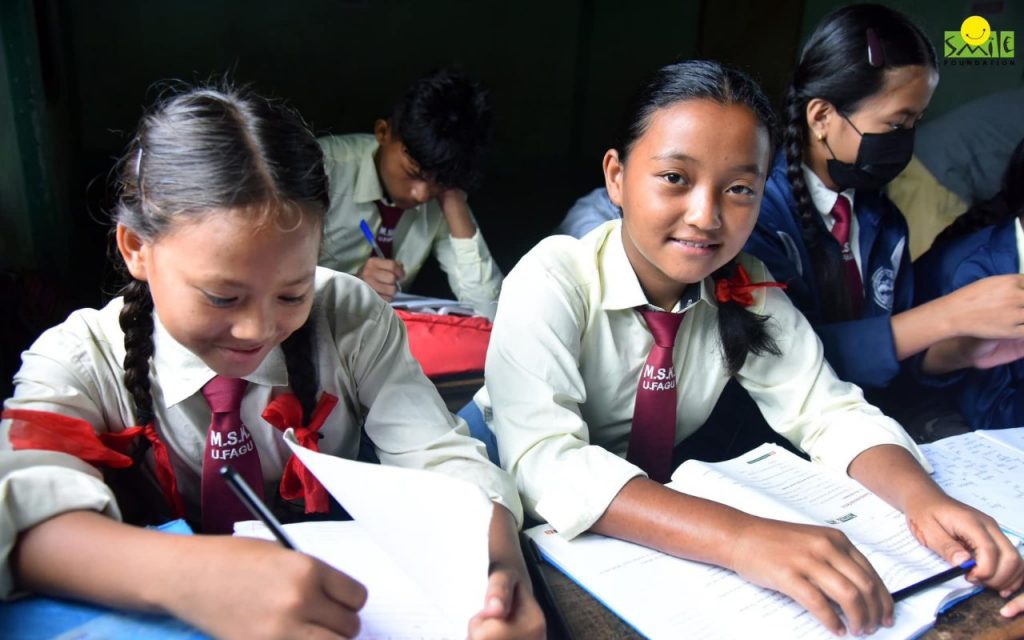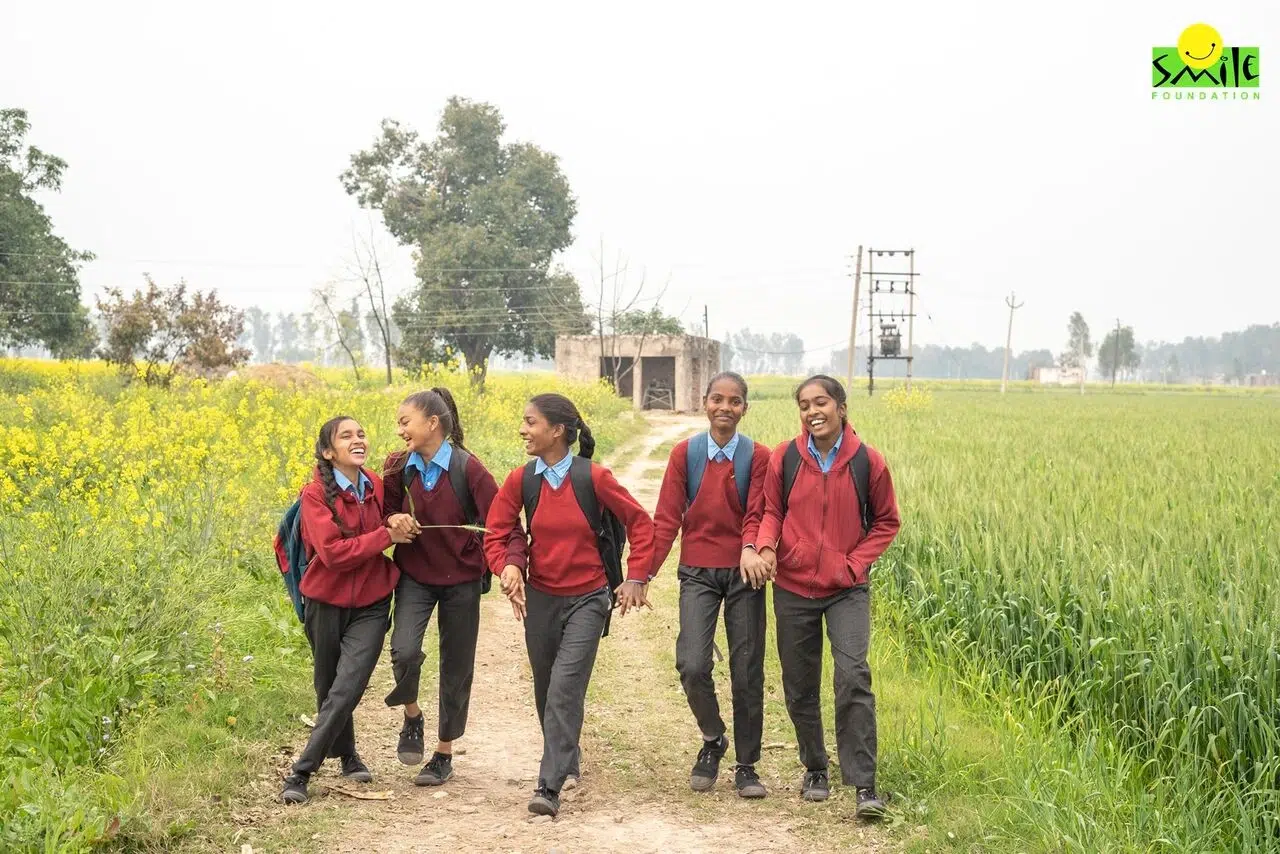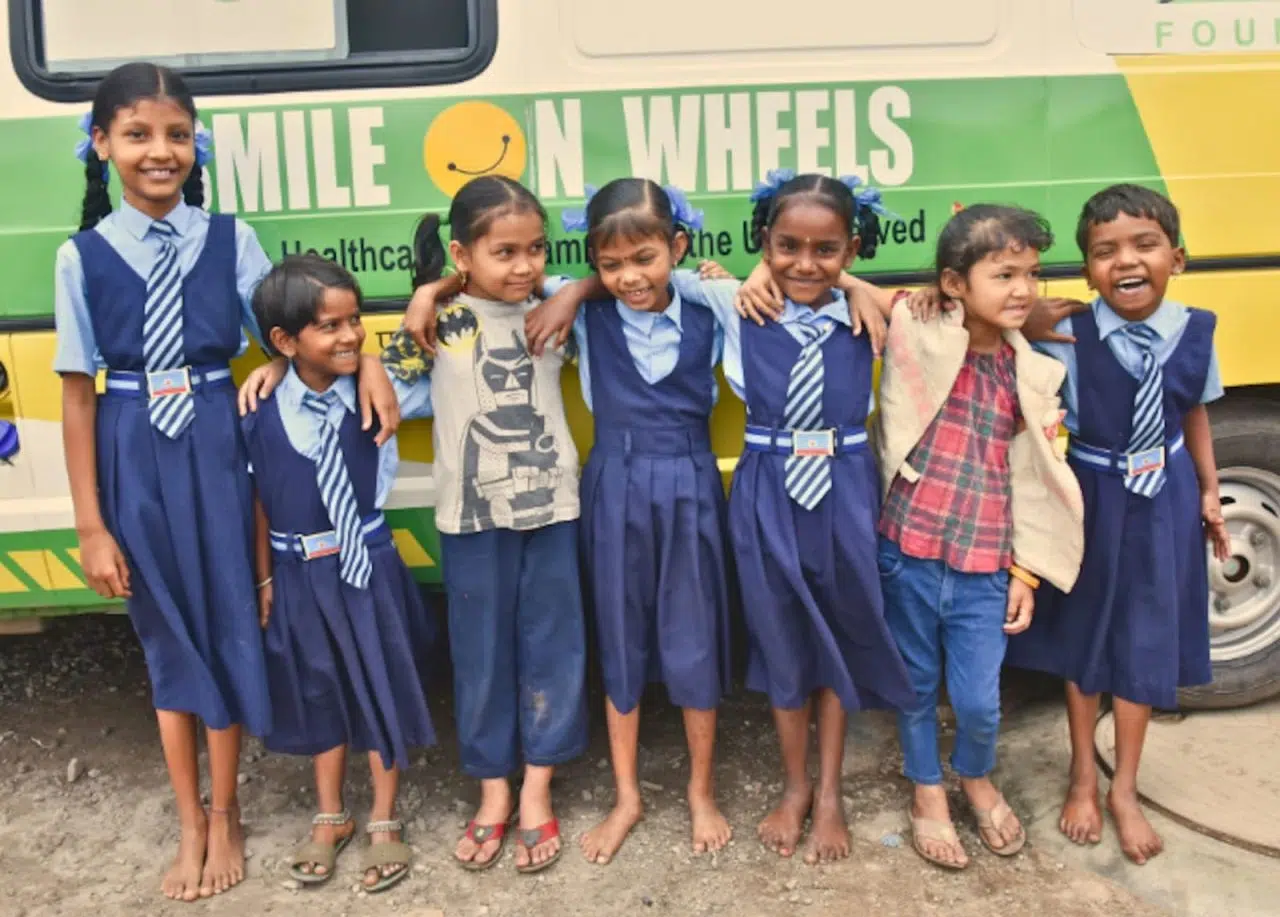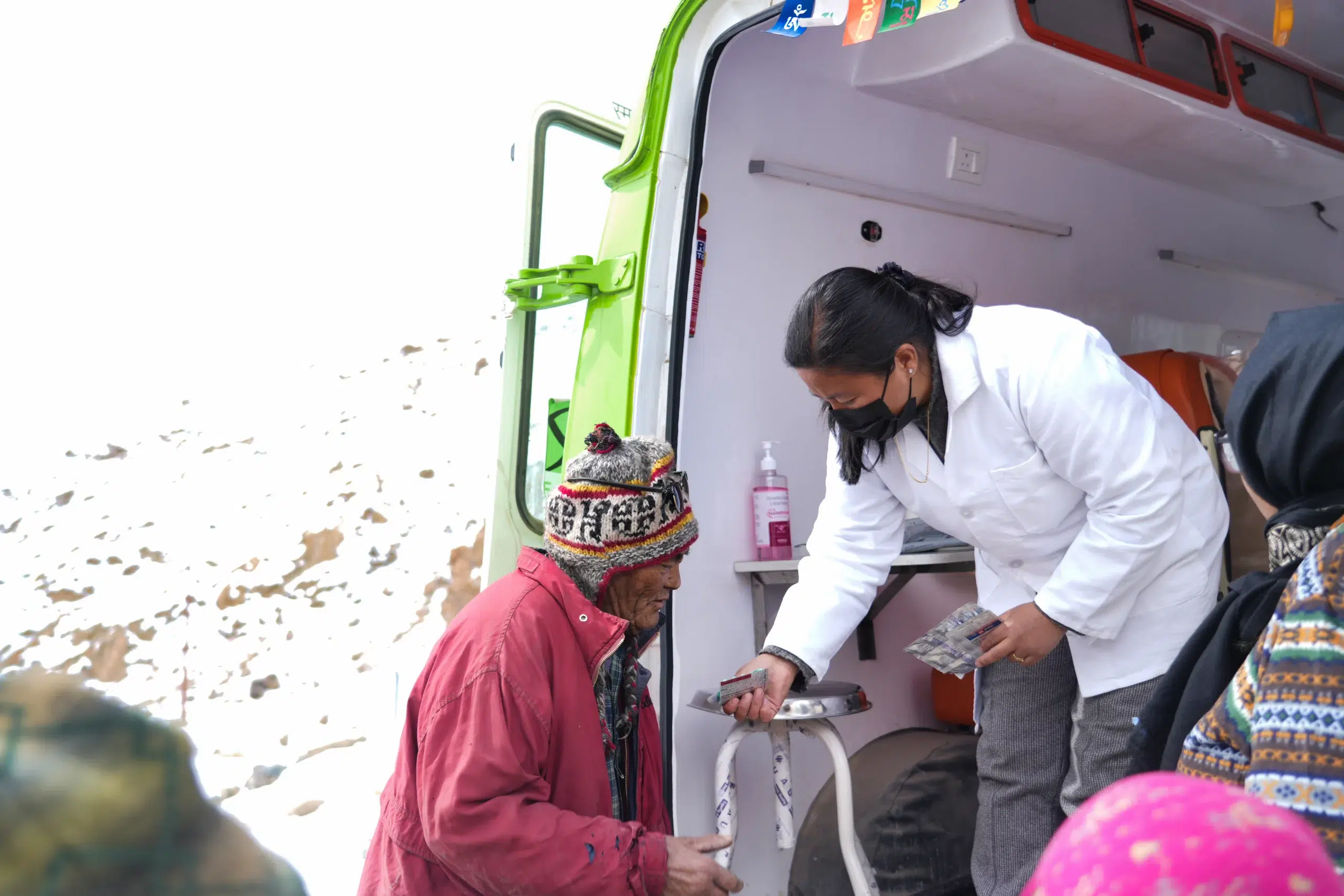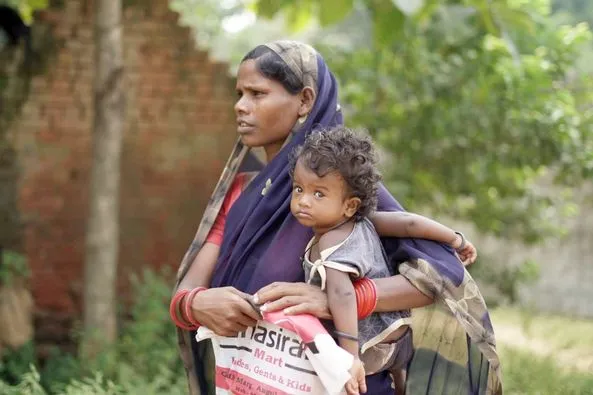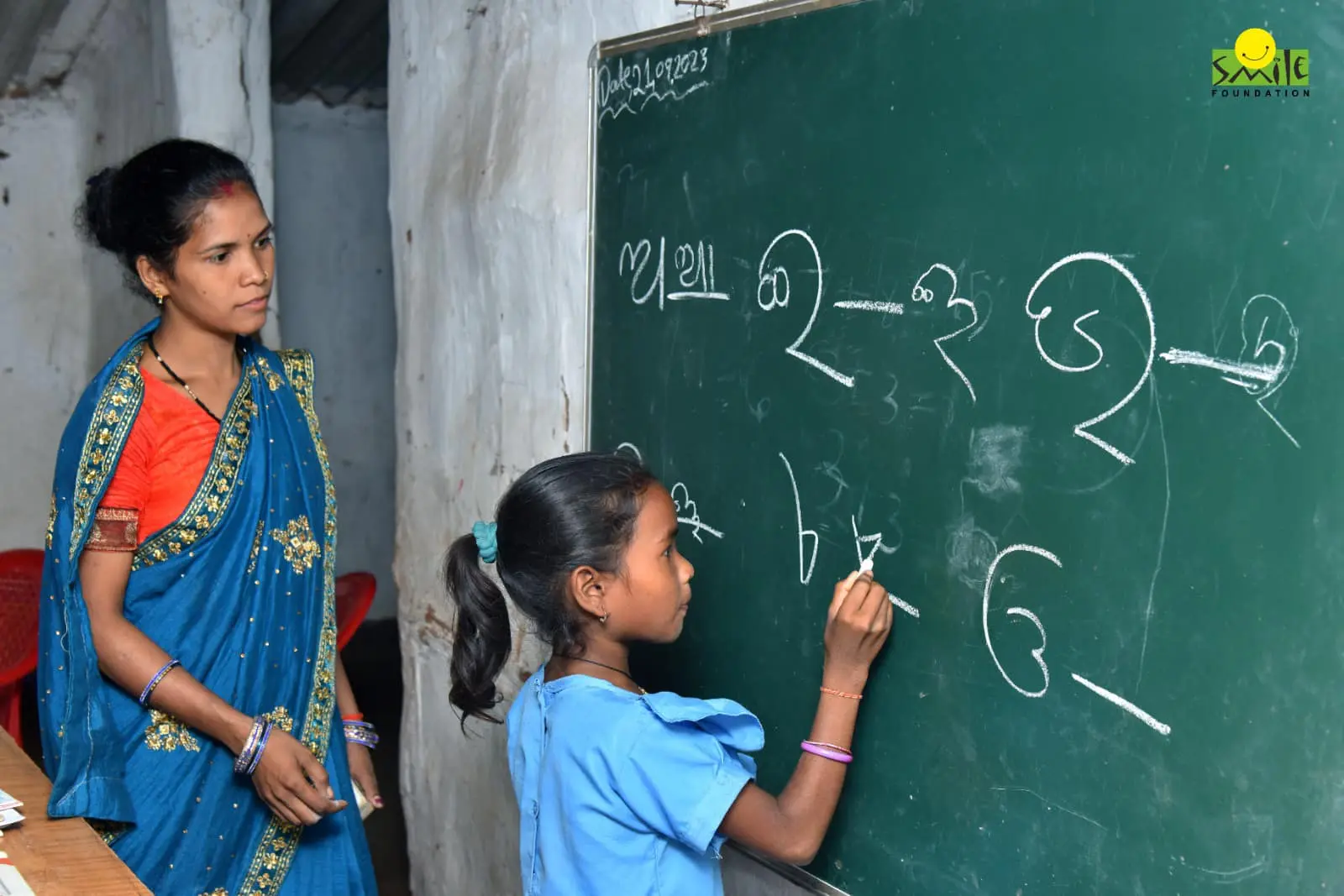In any society, children symbolise the promise of a brighter future; they are the next generation, the stewards of our collective legacy. For a community to truly flourish, it is imperative that we prioritise decisions that place children at the centre of our actions. Their voices should be heard and their well-being and development should be the guiding light of our policies and practices—shaping a world that nurtures their potential. As we confront complex challenges, the necessity of a child-centred approach becomes increasingly clear because by investing in our youngest members today, we would be laying the foundation for a more equitable, resilient, and prosperous society for tomorrow.
A child-centred approach places the interests, rights, and needs of children at the forefront of decision-making processes. This philosophy is grounded in the belief that children are active participants in their own lives, deserving of respect, protection, and opportunities to thrive. The UN Convention on Rights of a Child (UNCRC) embodies this idea that every child should be recognised, respected, and protected as a rights holder and as a unique and valuable human being. In a rapidly changing world, the well-being of children is often overshadowed by adult-centric priorities, economic considerations, and political agendas. However, adopting a child-centred approach in all our actions is not only beneficial for the children themselves but is also essential for fostering a healthier, more equitable society as a whole.
Impact on policy making
When policies are formulated with a child-centred perspective, the resulting frameworks tend to prioritise children’s health, education, and overall well-being. In fact, countries that have adopted child-centred policies have seen improvements in healthcare access and educational opportunities. For instance, in Sweden, comprehensive parental leave policies and subsidised childcare have contributed to higher participation rates in early childhood education, ensuring that children receive quality care and learning from a young age. This emphasis on early education has been linked to better outcomes later in life.
Furthermore, a child-centred approach can significantly influence policies, often leading to improved investments in social and economic sectors. Rebekah Pierre from the British Association of Social Workers notes that a child-centred approach is grounded in rights, resulting in policies that promote equity and inclusion. By acknowledging the unique challenges faced by marginalised children—such as those from low-income families, ethnic minorities, or with disabilities—policymakers can create interventions that address systemic inequalities. This emphasis on equity promotes fairer access to resources and opportunities, ultimately benefiting society as a whole. Alongside these principles, there is a growing need to adopt a trauma-informed approach and an anti-poverty strategy that specifically supports individuals with disabilities and special needs. By integrating these frameworks, we can create a more inclusive and compassionate environment that addresses the diverse challenges faced by vulnerable populations.
Aiming for long term benefits
Prioritising a child-centred approach has profound long-term implications for society. By focusing our actions on the well-being of children today, we invest in the future of our society. A child-centred approach addresses immediate needs and lays the foundation for a more equitable and prosperous world. A report titled ‘The benefits of a child-centred approach to climate change adaptation’ by UNICEF and Plan International suggests that a child-centred approach can also be applied to tackle some of the most pressing issues of our time. One of them is climate change—an urgent challenge that requires sustained global efforts to mitigate its effects. Children are among the most vulnerable groups impacted by climate change, facing increased risks from extreme weather events, food insecurity, and health threats. Therefore, implementing measures that specifically target this demographic can help alleviate the adverse effects of climate change on a significant portion of the population while also achieving economies of scale. Importantly, child-centred initiatives protect vulnerable children and foster the development of essential skills within this population over time. By involving children in climate action and environmental education, we cultivate a generation that is aware of the challenges ahead and equipped to address them.
With this in mind, a child-centred approach helps create a level playing field, leading to more diverse leadership in future generations and fostering inclusive decision-making across various sectors. As these future leaders emerge, they are likely to prioritise equity and social justice, driving positive change across various sectors and creating a more equitable society for everyone.
Therefore, making all our actions child-centred means prioritising the voices, needs, and rights of children in every decision we make. Whether it is in policy-making, education, or community development, when we focus on creating spaces that nurture and support children, we set the stage for their healthy growth and happiness. Investing in our kids today isn’t just a good idea; it is like planting seeds for a brighter, more equitable future for everyone. In fact, embracing a child-centred philosophy in everyday governance can prove to be our ticket to a more vibrant, harmonious society where everyone can thrive.
Smile’s work on education and health
Smile Foundation’s work in child education and health embodies the belief that children’s well-being and development are essential for a brighter, more equitable future. Through targeted programmes, Smile Foundation addresses both the educational and healthcare needs of underserved children, helping to create environments where they can thrive, learn and grow. The organisation’s initiatives, such as Mission Education, aim to provide quality education to marginalised children, while healthcare programs like Smile on Wheels bring essential medical services to remote and underserved communities, ensuring children have access to basic health support.
A child-centred approach, as embraced by Smile Foundation, recognises that every child deserves the right to health, education and protection, regardless of their socio-economic background. This perspective acknowledges children as active participants in society who deserve respect and opportunities to reach their potential. By focusing on children, Smile Foundation not only addresses immediate needs but also contributes to long-term societal growth, empowering the next generation to become informed, resilient and capable leaders.



